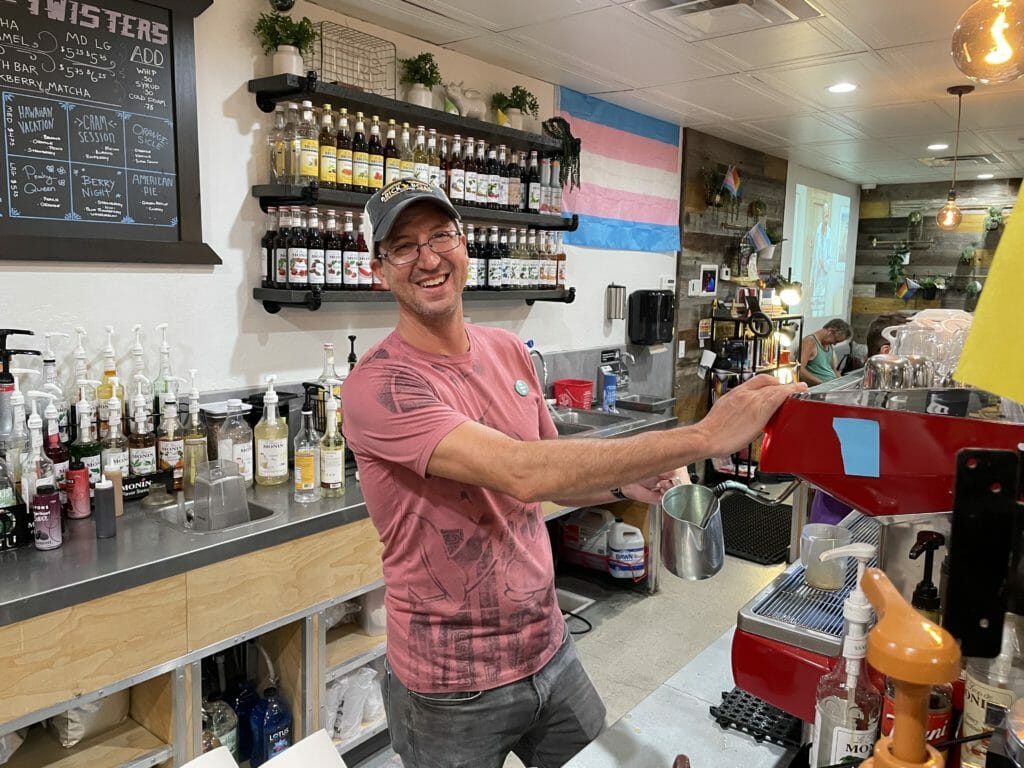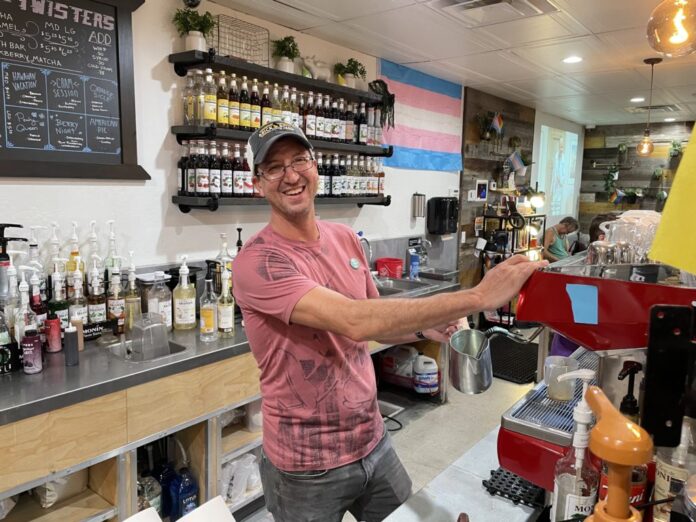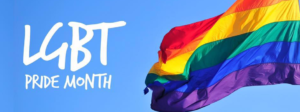
Some time ago, the bathrooms at Brick Road Coffee were occupied; there was a long line, but nobody was using it the way one would normally think.
The coffee shop in Tempe, Arizona allowed the Southwest Center for HIV/AIDS to occupy their bathrooms for the day to perform HIV testing.
“‘Loan out bathrooms’ sounds weird. We partner with The Southwest Center for HIV/AIDS, and they have their own programs where they want to do community outreach and get out into the community and provide education,” Jesse Shank, owner of Brick Road Coffee, said.
READ ALSO: 18 of Arizona’s most influential minority business leaders
READ ALSO: 6 best LGBTQ friendly companies to work for in Arizona
The Southwest Center is currently seeking funding from the city of Phoenix general obligation bond, the first since 2006, to renovate the Parsons Center before the bond agreement is eventually put before voters after the executive committee agrees or disagrees on the recommendations provided by the houselessness and human services subcommittee.
The Parsons Center is on a lot of city property that houses several medical and human services facilities, many catering to people already on the fringes.
The Southwest Center currently receives funding from the Department of Health and Human Services, the Health Resource and Human Services Administration and the Centers for Disease Control and Prevention, among others.
“We serve, through outreach and primary care services, over 30,000 people a year. Of those communities, over a third have experienced homelessness at some point in their lives and over 50% live below the federal poverty line,” Jessyca Leach, Director of the Southwest Center, said.
While anyone can have HIV, it’s no coincidence that the organization would reach out to Brick Road Coffee, a coffeeshop robed in gay pride flags with Golden Girls perennially projected onto a wall beside a bulletin board plastered with business cards stapled onto flyers stapled onto queries for help.
“There’s a lot of intersection between recovery and queerdom, unfortunately,” Shank said, “and the arts community intersects with the gay community a lot as well.”
The business sits next to an addiction recovery meeting house and Artarama, an art supply store. Because of the former, and to keep the place welcoming to everyone including youth, Shank said that the business refuses to sell alcohol.
In the not-so-distant past, one of the few places one could step into and not fear being beaten, killed or harassed was the gay bar.
“Gay bars existed because you couldn’t be ‘out’ otherwise. That was the only place to go and meet like-minded people and advocate for yourself,” Shank said.
It made sense for what was then considered a seditious group of people to seek out bars, a venue generally associated with deviousness. Times have changed. Being gay has gotten less painful. There are no longer secret doors or the looming threat of police raids.
“It’s grown to book stores, and sex stores and novelty shops. Then, we started to see bakeries. In truth, there’s always been queer businesses, but we haven’t come out and said we’re queer-owned,” Michael Mazocco, chairperson of the Equality Chamber, Arizona’s LGBT chamber of commerce, said.
Despite the growing acceptance of LGBT people, a lot of the emphasis of acceptance has been placed on visibility, not solidarity or understanding of the issues at hand.
Mazocco reiterated the words of Larry Kramer, one of the founders of the Gay Mens’ Health Crisis: “If you’re not giving back to the community, then your community should not be giving back to you.”
Between the onset of the AIDS crisis in the and the years that elapsed before the epidemic was acknowledged by the Reagan administration, thousands were already dead.
The Parsons Center renovation was recommended last by the subcommittee. It was recommended, however, with full funding.








